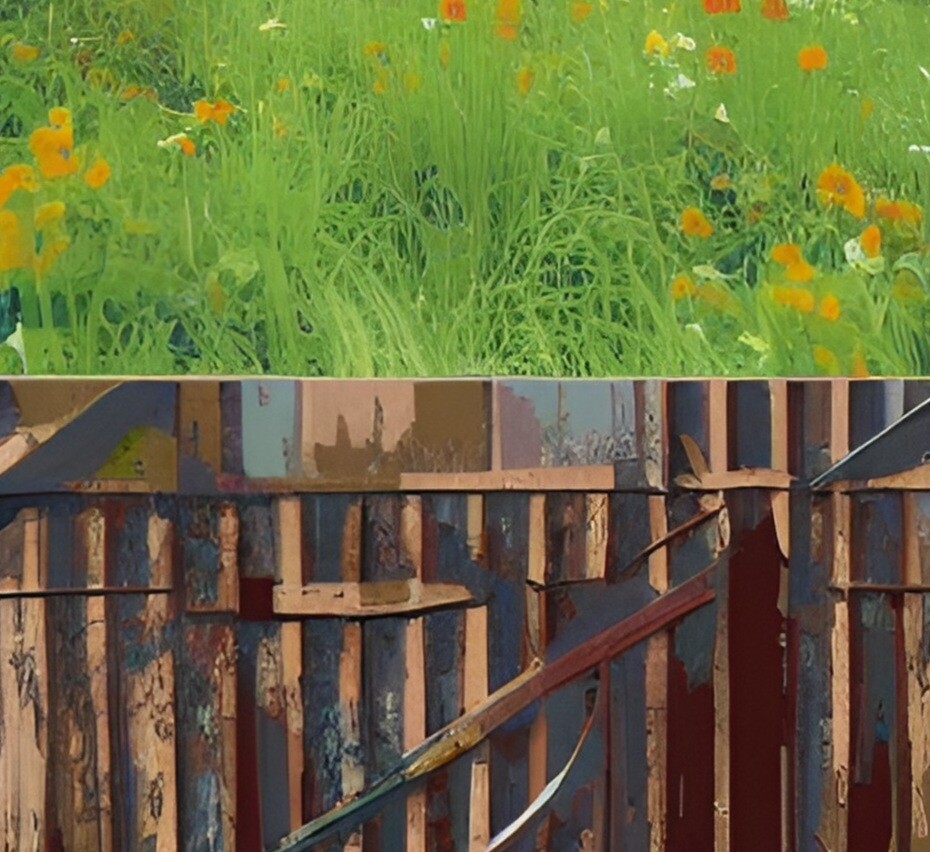Composting Basics
Food scraps and yard waste together currently make up more than 30 percent of what we throw away, and could be composted instead. Compost is broken down organic material that can be added to soil to help your plants grow.
Composting is an effective and sustainable way to help reduce waste while creating a nutrient-rich fertilizer for your plants. Whether you're just starting out with composting or looking for new ways to make the process easier, this guide will help get you on your way.
Step 1: Start with the Basics
All composting requires 4 basic components:
• Brown material - dead leaves, branches, and twigs
• Green material - grass clippings, vegetable waste, fruit scraps, coffee grounds, manures
• Water - Microorganisms living in a compost pile need enough moisture to survive.
• Temperature - Microbial activity can raise the temperature of the pile’s core to at least 140° F. If the temperature does not increase, anaerobic conditions (i.e., rotting) occur.
Start by adding alternating layers of browns and greens into a compost bin. Then add a thin layer of soil to help provide some structure for the microbes to live in, and keep it moist by watering regularly.
Step 2: Add Airflow
Adding air circulation will speed up the process of breaking down materials into compost faster. To do this, turn your compost pile every couple of days with a garden fork or spade. Doing so ensures that oxygen is evenly distributed throughout the bin and that nothing gets compacted too much at any one time.
Step 3: Monitor Your Compost
Your compost should have the consistency of wet dirt after it's been broken down by the microbes living in it. If it’s too wet, add more brown material like dried leaves; if it’s too dry, add some water. Monitor your compost pile once a week to make sure things are running smoothly.
Step 4: Harvest Your Compost
After six months or so, your compost should be ready to use! Remove any large chunks that haven't completely decomposed before using it on your garden beds or flowerpots – they won't break down any further once removed from the pile.
Having the right balance is important for compost development. Animal products and large quantities of food scraps are not good for composting. Aim for 1 part green material to 2 parts brown. Wet the pile slightly every few layers. Creating compost can take up to two years, but manual turning can speed up the process to between three to six months.
